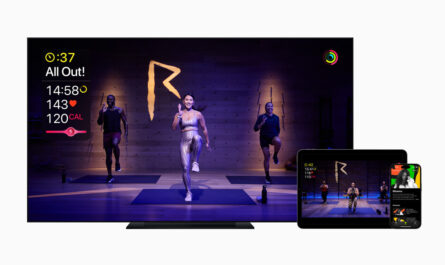 According to a survey conducted by the Dentsu Innovation Institute, iPad and iPhone owners in Japan and America use and think about their iDevices in different and surprising ways.
According to a survey conducted by the Dentsu Innovation Institute, iPad and iPhone owners in Japan and America use and think about their iDevices in different and surprising ways.
Japan and the United States are both multi-device nations, meaning many of us own smartphones, tablets, and PCs, which we use both separately and in tandem for many tasks, and the way that we use our devices shapes our perceptions of them.
For example, the majority of responders (57 percent) in the United States said that their tablets are comparable to smartphones, while the majority of the Japanese responders compared their tablets to computers (51 percent).
That suggests that in the U.S., we view our tablets as consumption devices for using applications and accessing media content, while in Japan, the devices are seen as something different – a way to browse the Internet and acquire information.
This is further supported by usage data gathered in the survey. While tablet owners in the U.S. use their devices multiple times per day for media content, that is not the case in Japan.
Americans also seem to see the iPad as a reading tool. 35 percent of Americans use the iPad for daily reading, while only 6 percent of Japanese do. Among people who own a tablet in the U.S., 70 to 80 percent use it for reading e-books.
In general, there’s a greater social interest in iPads in the United States than in Japan. 38 percent of U.S. survey respondents identified with the statement “I think the use of tablets will become mainstream in society in the future,” compared to only 18 percent of respondents in Japan.
Why do Americans seem to be more attached to their tablets? Well, for one, there’s a lot more media content produced in the United States than in Japan, driving the iPad to be more than just a device for browsing the Internet and processing information.
In the U.S., we watch television, play games, watch movies, and so much more, turning our iPads into complete media consumption devices, differentiating the device from both smartphones and computers, a differentiation that’s not quite as clear to Japanese users.
In short, the tablet is evolving in different ways in different countries, based on usage and availability of media. While we may use our iPads more often in the United States, Japanese tablet owners share their devices with family members, and use it to view information with close friends, trending towards turning the iPad into a shared medium for communication. In a few years, we may all be using our tablets in completely unique ways, which is fascinating to contemplate.
How would you respond to this survey? Is your tablet more of a smartphone, or a PC? What do you use it for? Let us know in the comments.
» Related posts:
Report Finds Americans Use Tablets as Babysitters
Americans Prefer Their Tablets on the Couch
Tablets Surpass Netbooks In Sales, iPad On Top
